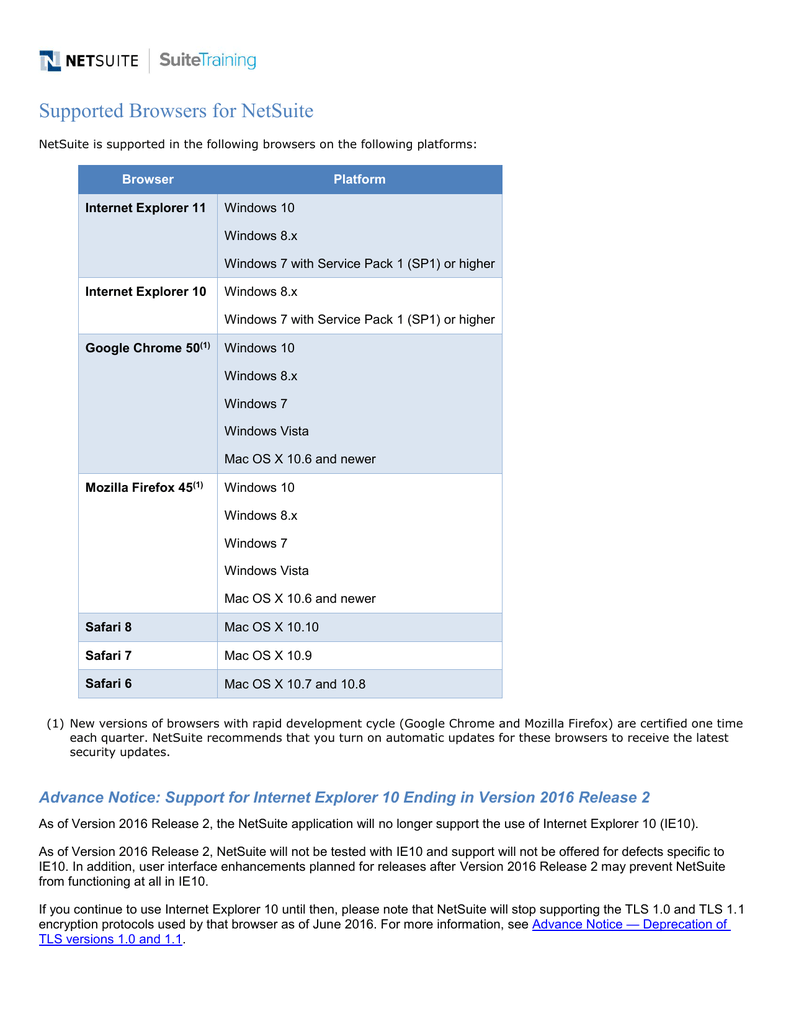

While most browsers generate additional page hits by refreshing web pages when the user navigates back through page history, some browsers (such as Opera) reuse cached content without resending requests to the server.This can affect JavaScript-based tracking of browser statistics. JavaScript is executed on page load only from net or disk cache, but not if it is loaded from DOM cache. Firefox 1.5 (and other Gecko-based browsers) and later versions use fast Document Object Model (DOM) caching.It is also possible to underestimate the usage share by using the number of requests, for example: This technique, prerendering or pre-loading, may inflate the statistics for the browsers using it because of pre-loading of resources which are not used in the end. Firefox, Chrome, Safari, and Opera will, under some circumstances, fetch resources before they need to render them, so that the resources can be used faster if they are needed.Sophisticated users who are aware of this may then "spoof" the user agent string in order to gain access to the site. Many of the untested browsers may still be otherwise capable of rendering the content. One common reason for this is that the website has been tested to work with only a limited number of browsers, and so the site owners enforce that only tested browsers are allowed to view the content, while all other browsers are sent a "failure" message, and instruction to use another browser. Occasionally websites are written in such a way that they effectively block certain browsers.A user who revisits a site shortly after changing or upgrading browsers may be double-counted under some methods overall numbers at the time of a new version's release may be skewed.The Register reported in June 2008 that traffic from AVG Linkscanner, using an IE6 user agent string, outstripped human link clicks by nearly 10 to 1. This is done to trick attack sites that might display clean content to the scanner, but not to the browser. Certain anti-virus products fake their user agent string to appear to be popular browsers.In this case, the user's activity might be overestimated. Not all requests are generated by a user, as a user agent can make requests at regular time intervals without user input. Measuring browser usage in the number of requests (page hits) made by each user agent can be misleading. 4.11 WebSideStory (US, February 1999 to June 2006).4.7 AT Internet Institute (Europe, July 2007 to June 2010).

4.5 Clicky (September 2009 to August 2013).4.3 Net Applications (May 2016 to November 2019).4.1 StatCounter (Jan 2009 to October 2019).3.1 Crossover to smartphones having majority share.


 0 kommentar(er)
0 kommentar(er)
